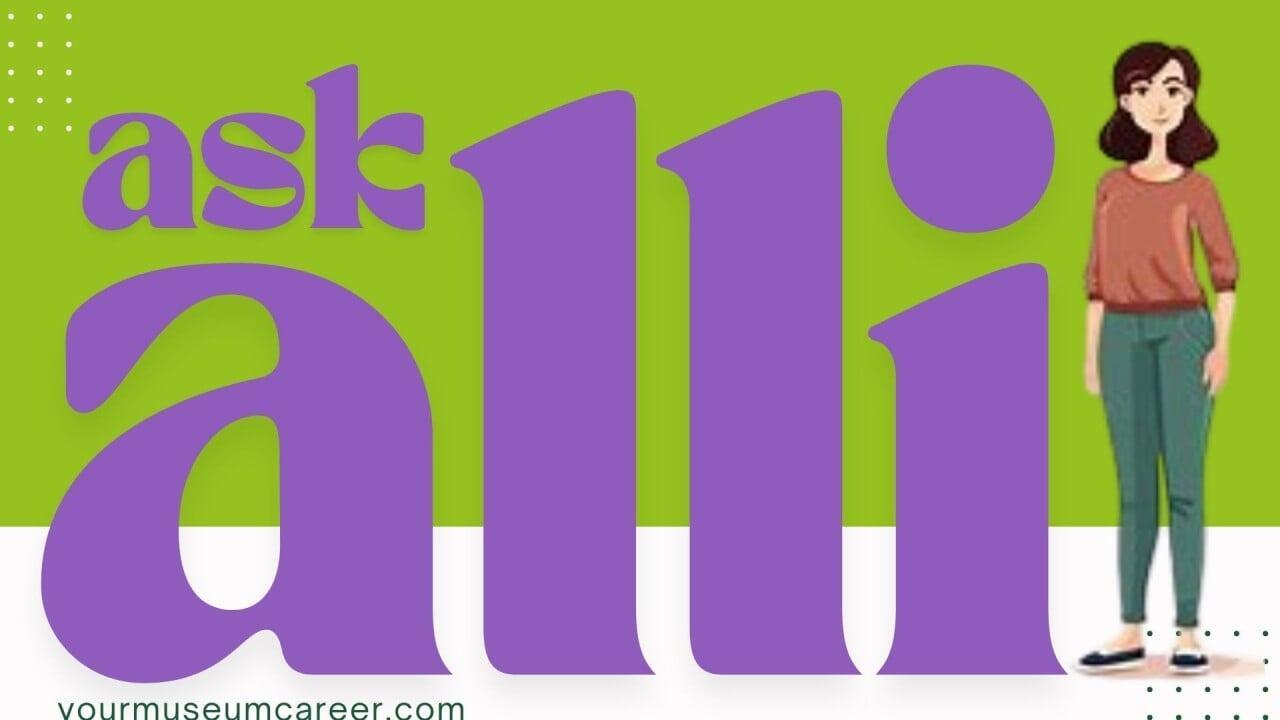
Guest columnist: Alli Schell, Museum Career Coach
The museum field has always been shaped by shifting political and economic climates. In the United States, President Trump’s first administration posed unique challenges to cultural institutions, including funding cuts and questioning their validity. His second presidency now looms large on the horizon, with all the potential social, cultural, economic and politic disruption and chaos looming that comes with threats of tariff wars and threats of making Canada the 51st state. In this uncertain environment, it’s critical for museum professionals in North America to fortify their career and become even more resilient against external pressures.
Here’s how museum professionals can proactively prepare and safeguard their careers.
Build a Contingency Plan
Transferable skills count in the museum sector, including experience in other fields, such as the service industry, general non-profit work or volunteering. Many museum professionals underestimate how their skills—like project management, public speaking, event planning, and education—are valuable across multiple sectors. Identify which skills to boost and explore ways to gain them outside the museum field, so you’re prepared if you need to pivot. This could be volunteering, online courses or even part-time work (if possible).
Fortify and Build Your Community
A strong support system is invaluable in turbulent times. Check in with colleagues and peers, engage in online communities like LinkedIn or Facebook groups, participate in local museum meet-ups, or attend professional development events. Seek out mentors and peers who can provide guidance and encouragement, and don’t hesitate to be that person for someone else. A resilient network can offer career advice and emotional support when you need them most - you just need to remember to utilize them!
Define What Safety Means to You
Workplace safety isn’t just about physical conditions—it’s also about feeling respected, valued, and supported. Reflect on what makes you feel safe at work: Leadership transparency? A supportive manager? Policies that actively address workplace harassment or discrimination? Once you’ve defined these, consider initiating conversations with a supervisor, board member or a trusted colleague to advocate for those needs. If your current role doesn’t meet your safety expectations, use this as an opportunity to assess whether changes can be made—or if it’s time to explore other options. Feeling safe at work isn’t a luxury but is essential for thriving in your career.
Prioritize Mental Health Breaks
Periods of political and cultural upheaval can lead to heightened stress and burnout on a personal level let alone at work and especially in a field as emotionally demanding as museums. Protecting your mental health should be a top priority. Develop a plan to protect your energy, such as connecting with museum peers who understand your experience, finding a therapist (if possible) and consider taking mental health days. With the potential for increased scrutiny, misinformation, or hostile visitors, it’s essential to take time to recharge and protect your well-being.
Remember: you can only give your best when you’re taking care of yourself first.
Focus on Career Security, Not Just Job Security
Job security refers to the stability of your current role, while career security ensures your long-term professional viability, even if your job or field changes. Cultivate a set of versatile skills, build a robust professional network, and craft a personal brand that can support you even if your job role or field changes. If you need help defining your skills and strength, ask a friend, colleague or family member!
Get Involved in Advocacy
Advocate for museums by staying informed on policies and funding that affect our field. Joining efforts like Museum Advocacy Day is a great way to amplify your voice, meet other advocates, and gain skills in lobbying for change. Or take it local—build relationships with lawmakers, join a state or regional museum association, and look for small, meaningful actions like writing op-eds, contacting representatives, or educating your community on why museums matter. Your voice, added to others, helps create a stronger, more unified field.
Brace for Slower Hiring
During periods of political uncertainty, museum hiring may slow down or become more selective. Even if you’re not actively job-seeking, keep your application materials updated. Regularly review job boards, refine your resume, and practice tailoring cover letters to specific roles. Preparedness is key and by staying ready, you can act quickly when opportunities arise.
Expand Your Digital Presence
Your online brand can bolster your career security. Strengthen your online platforms, like your LinkedIn profile, connect with other professionals, and consider sharing some of your expertise through posts or project highlights. A strong digital footprint can make you more visible to potential employers and collaborators, creating opportunities even during challenging times.
Stay True to Yourself
In challenging times, it can be tempting to shrink or conform to fit external pressures, but your authenticity is one of your greatest strengths. Reflect on your personal and professional values: What drew you to the museum field? What makes your perspective unique? Use this as a compass to guide your decisions. Cultivate a resilient mindset by celebrating small wins and staying connected to your purpose.
________________________________________________
Alli Schell runs Your Museum Career Coach, a U.S.-based service for individuals navigating the competitive museum job market. She has been in the museum world for over 20 years and along the way, has worked with museums of all sizes, served on boards and committees, and mentored peers and emerging professionals. Follow her on LinkedIn or check out her website, www.yourmuseumcareer.com to get connected to even more resources.

